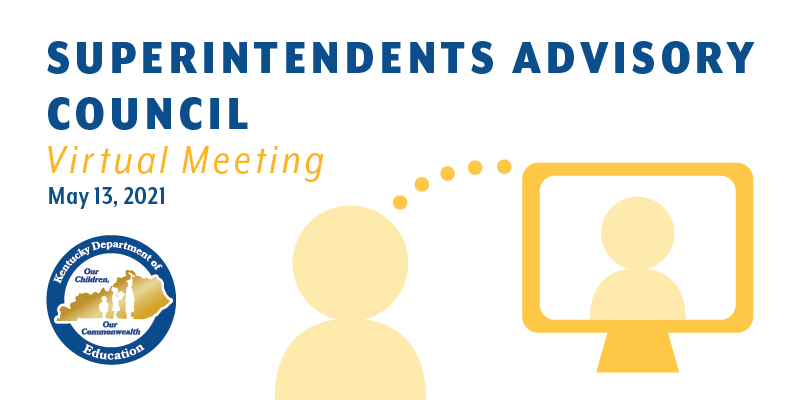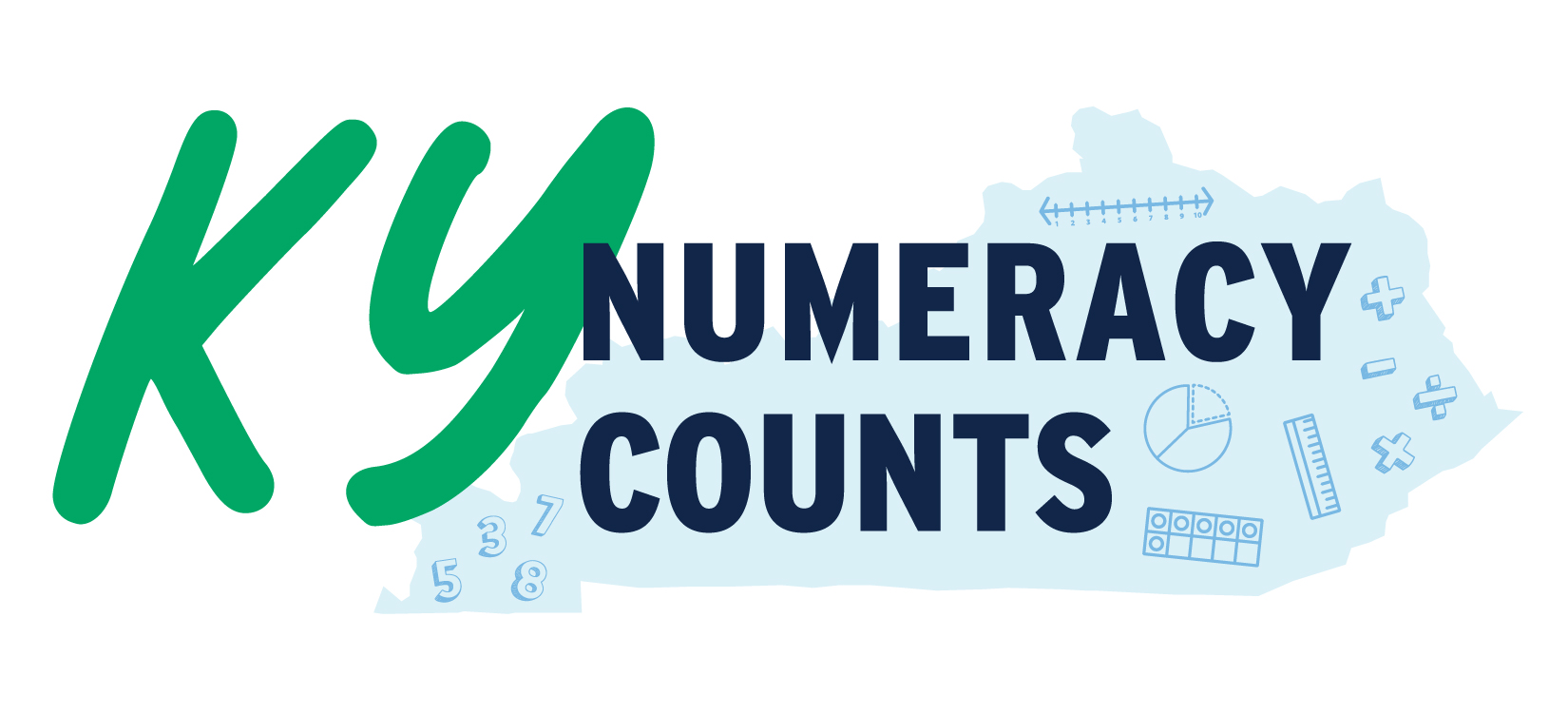 Leadership from the Kentucky Department of Education (KDE) met virtually with the Superintendents Advisory Council (SAC) on May 13 to seek input and feedback ahead of the implementation of recently passed education legislation.
Leadership from the Kentucky Department of Education (KDE) met virtually with the Superintendents Advisory Council (SAC) on May 13 to seek input and feedback ahead of the implementation of recently passed education legislation.
House Bill (HB) 563 requires school districts to create open enrollment policies to let students attend school districts outside of where they live. The bill also creates a tax credit that families can use to pay for extra education expenses for public school students.
Woodford County Superintendent Scott Hawkins brought up the future of non-resident agreements currently in place between local school districts. Hawkins said local districts can set conditions before accepting a non-resident student. For example, a district may check a student’s attendance, grades and behavior before allowing them to enter its schools. These conditions are agreed upon between the two districts involved in the non-resident agreement.
Moving forward, however, all districts must have a non-resident pupil policy in place by the 2022-2023 school year. The local district will define the parameters of the policy. If a district opens its borders and accepts any student, there is nothing other districts can do about it, said Chuck Truesdell, KDE’s director of government relations.
“There’s this prevailing thought that competition among schools breeds success. That philosophy is now becoming policy,” said Matt Robbins, superintendent of Owensboro Public Schools. “If we can pit school districts against each other, or schools against each other, that will make schools better, and I completely disagree with that.”
Calloway County Superintendent Tres Settle added that not only will neighboring districts have to compete with one another, but the bill could force districts from separate ends of the state to compete, as well.
“As we begin looking at virtual learning options and virtual schools, you’re not only going to have counties that lay next to each other in potential disagreement, but you could have a student in Fulton County attending school in Pike County,” he said. “We have to come together as a collective group and have genuine discussions on this.”
Education Commissioner Jason E. Glass was asked if there are other states with similar open border models that KDE could examine.
Before joining the department, Glass served as superintendent of Jeffco Public Schools, the second largest public school district in Colorado, a state that has had a “very aggressive” form of open border policies in place for over two decades.
“Even though they’ve had it for a couple of years and I worked in it, I wouldn’t say it had all the kinks worked out,” Glass said. “Students who are affluent and have means, their families are the ones who typically take advantage of the choice options. You end up with poor districts that become poorer. The resources become thinner in those districts and there’s an increased concentration of poverty within districts and even within schools.”
Glass said Kentucky has the opportunity to learn from the mistakes made by other states when implementing similar models.
“We can think about how we can build in some safeguards to protect equity, protect services for kids with disabilities and to clarify some of the athletics and transportation questions that we know are going to come up,” he said.
Senate Bill 128: Supplemental School Year Program
KDE Leadership also talked with SAC members about Senate Bill (SB) 128, or the “re-do bill.” This legislation offers any Kentucky K-12 public or private school student the option to use the 2021-2022 school year as an opportunity to retake or supplement classes they completed during the 2020-2021 school year.
Students were required to submit a written request by May 1 if they wanted to participate in the Supplementary School Year Program. Districts must decide by June 1 whether they will honor all or none of those requests, said Meredith Brewer, KDE’s director of educational policy. Districts must submit their plans to KDE by June 16.
Even if students plan to repeat a grade, they must take the end-of-year assessment for the grade they’re in, Brewer said.
Students who already have graduated but choose to participate in the Supplemental School Year Program will not have any new grades counted. Graduated seniors also are not eligible for dual credit or Work Ready scholarships.
Brewer told the council that any supplemental classes students take must be the same as they had before or have a reasonable connection to their previous courses. Districts should look to academic standards tied to various course codes as a guide for determining which courses are considered supplementary.
KDE released updated guidance on April 16 detailing how the Supplemental School Year Program impacts public education in the Commonwealth.
The guidance, “Senate Bill 128: Supplemental School Year Program 2.0,” outlines the impact the legislation has on assessment and accountability, funding, teaching and learning, special populations, school-based decision making councils, alternative programs and federal program eligibility.
“The department doesn’t have any regulatory authority here,” Glass explained. “What we have issued is non-regulatory guidance to try and think through some of the problems you can anticipate and here’s how we recommend you handle them.”




Leave A Comment